Navigating Two Worlds
Navigating Two Worlds: Pacific contribution to leadership within the New Zealand rugby system.
Project aim
How can cultural understanding be enhanced to develop leadership within the New Zealand rugby system?
The Pasifika community plays a key role in rugby from club to professional level. In Auckland, Pasifika participation is largely on the field and not reflected in non-playing roles such as administration, management, refereeing, and governance.
New Zealand Rugby and Auckland Rugby recognised the need to cultivate Pasifika leadership and partnered with AUT’s Sport Performance Research Institute New Zealand (SPRINZ) to develop the Navigating Two Worlds (N2W) action research project. It was recognised that within rugby there is a dominant Western based culture and view of leadership, yet with a greater appreciation of Pasifika culture, new leadership ways and practices can be developed and strengthened.
N2W was a multi-year action research project established in collaboration with SPRINZ, New Zealand Rugby and Auckland Rugby.
N2W was a voluntary programme set up to grow clubs and foster greater Pasifika contribution to rugby leadership. It offered leadership development and mentoring for two specific groups (Pacific and Club Leadership) through workshops and ongoing support. These programmes were guided by a Pacific Advisory Group, and provided a one-to-one confidential mentoring relationship to participants.
The mentoring programme focused on the current needs and aspirations of the mentee and together the mentor and mentee designed and maintained a professional support plan. Therefore, the issues discussed and tasks undertaken were unique and confidential to each mentor/mentee pair.
N2W background
New Zealand Rugby recognised a gap between the number of Pasifika rugby players, and the number of Pasifika people participating in non-playing rugby roles, particularly in Auckland.
In 2016, AUT Bachelor of Sport and Recreation student Chantelle Huch focused her final-year work placement at New Zealand Rugby on understanding barriers and enablers to Pasifika participation in these off-field, non-playing rugby roles. From here a partnership between New Zealand Rugby, Auckland Rugby and AUT SPRINZ was developed and a pilot project was initiated to gain a deeper understanding of the Pasifika communities' perspectives (see Ferkins, Dee, Naylor, & Bryham, 2017).
In 2017 the research team presented a series of workshops sharing the pilot project findings to the New Zealand rugby community, including the wider Auckland governance group meeting (mixture of NZR board and staff) (February 2017), Auckland Rugby Club chairman’s meeting (May 2017) and the provincial union CEOs and chairpersons’ forum in Wellington (July 2017). With strong support from these groups, the initiative grew into an action research programme that sought to create change by exploring how cultural understanding could be enhanced to develop leadership within the New Zealand rugby system.
Project vision
N2W’s vision was to generate greater Pasifika contribution to non-playing leadership within the New Zealand rugby system, as well as develop greater cultural understanding and knowledge. By doing this, rugby leadership is greatly improved at all levels.
Two key programmes were implemented in Auckland: a leadership programme for emerging Pasifika leaders; and a cultural competence and leadership development programme for current rugby leaders primarily at club level. A number of talanoa were also held, giving participants the opportunity to share stories challenges, aspirations and knowledge as well as what they had learned throughout the project. These programmes were overseen by a Pacific Advisory Group detailed below in Figure 1.
Action elements summary (2017-2020)
- Pacific Advisory Group (2017-2020): set up to oversee the project to completion. A Core Advisory Group (subgroup of the advisory group) provided ongoing advice and guidance to the project team.
- Club Leadership and Mentoring Programme (2018-2019): to develop understanding of Pasifika culture within the New Zealand rugby community. This cultural competence and leadership development programme was for current rugby office holders/influencers. It began with a Club Leadership workshop followed by a mentoring follow-up programme.
- Pacific Leadership and Mentoring Programme (2018-2019): a leadership development and mentoring programme for Pasifika people with aspirations to contribute to non-playing roles within the New Zealand Rugby system. It involved a Pacific Leadership workshop and then a mentoring follow-up programme.
Figure 1: Action Elements of N2W:
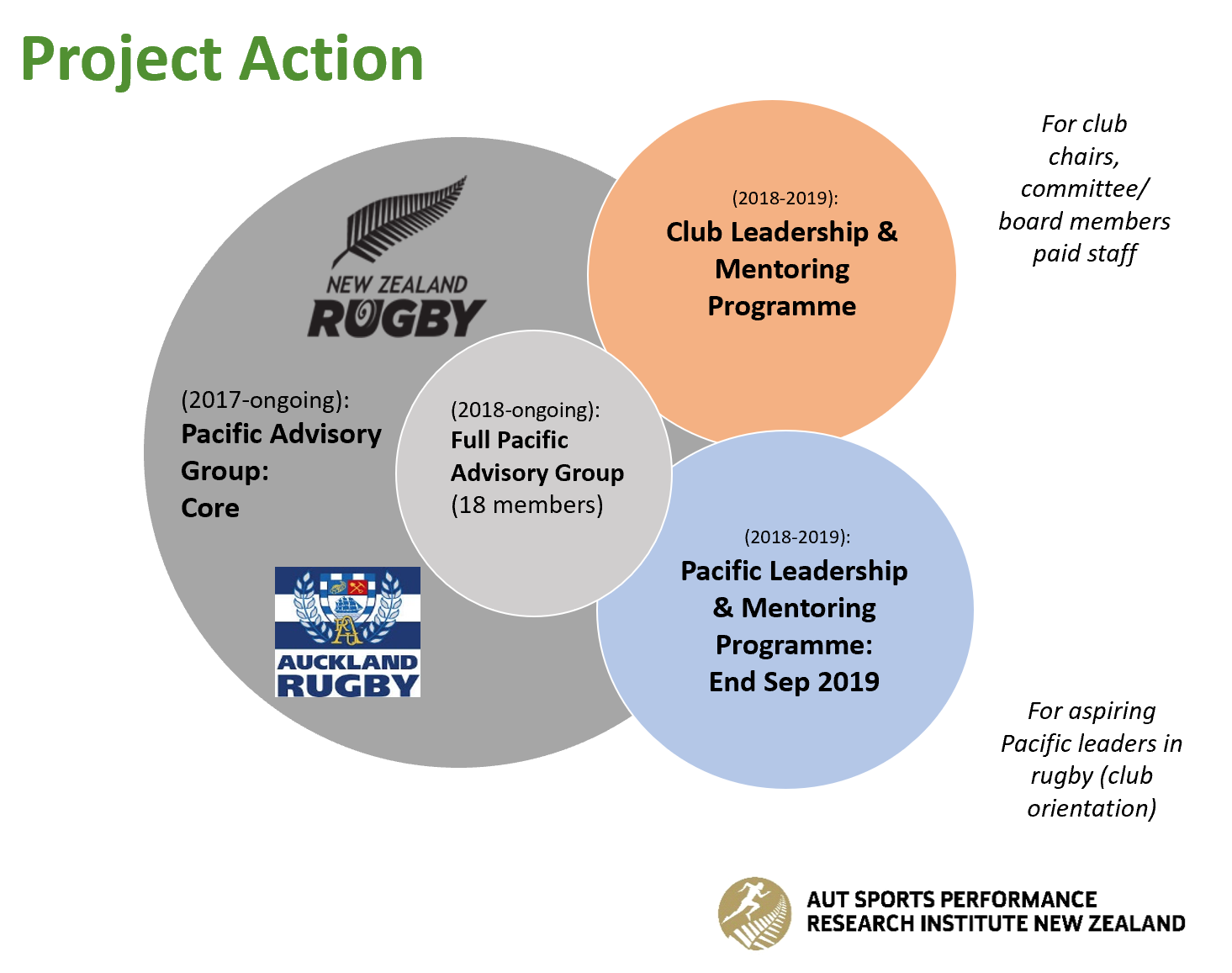
N2W was a unique project that focused on a mutual exchange and development of capabilities of current office holders and emerging Pasifika leaders in coaching, refereeing, management and governance roles within the New Zealand rugby system.
As a leadership and cultural development programme within a significant New Zealand sport, this project has the capacity to impact beyond rugby to generate know how, learning and experience for other sports seeking to embrace greater diversity in organisational leadership.
Anticipated outcomes
- Increased contribution of Pasifika people in non-playing leadership roles in rugby
- Enhanced cultural knowledge and understanding in current office holders within rugby
- Greater understanding of Pasifika culture within the New Zealand rugby community
- Enhanced understanding of Pasifika cultural obligations and how that affects involvement and engagement in non-playing leadership roles in sport
- Expanded and strengthened leadership practice through encompassing Pasifika and Western worldviews
- Generation of learning and know-how captured to share with other sport entities in relation to the development of cultural intelligence and leadership
Impact and legacy
N2W has laid the foundation stones for New Zealand Rugby’s first Pasifika Engagement Manager (Saveatama Eroni Clarke), New Zealand Rugby’s first Pasifika Advisory Group, New Zealand Rugby’s first Pasifika Strategy, and the constitutionally enshrined intent to involve Pasifika knowledge and lived experiences in its board recruitment processes.
N2W is one of many examples from AUT SPRINZ (Sports Performance Research Institute), which demonstrates how connected we are to our sporting and related sectors and communities and how, through this research connection, we can generate lasting impact and advancement. Beginning as a student (work integrated learning) project with Chantelle Huch and now serving as a teaching resource at UG and PG levels, the N2W research project exemplifies the nexus between teaching, research and community impact. The project has encouraged several N2W Pacific participants to study at AUT in the Bachelor of Sport & Recreation and at master's and PhD levels in sport leadership & governance.
Elements of the research
Developed in association with the New Zealand Coaching and Mentoring Centre and LEAD.
Programme snapshot
Serving the Pacific rugby community
- The programme was designed to support and developleadership skills, knowledge and confidence so participants can better serve their rugby community.
- Participants were partnered with a mentor who walked alongside their leadership journey.
- Participants were given the support they needed to engage in leadership within their club/organisation.
- Participants were encouraged to identify and explore who they are as a leader, and what their goals are.
- The issues people face in their leadership journey were explored, especially as a Pasifika person.
- The aim was to work through and improve participants’ rugby career pathways.
- In turn the club/rugby community will benefit from participants’ increased leadership capability.
- New networks and ongoing relationships will benefit the participants, their club and rugby in general.
Three-part programme consisted of
- A one-day workshop exploring both Pacific Leadership in general and leadership of self.
- A half-day mentoring training workshop.
- A year-long opportunity with a personal mentor to support and guide a participant through their personal leadership journey.
Mentees/mentor selection
Mentors were “shoulder tapped” for their experience by the N2W Pacific Advisory Group and project team. Mentees met mentors at the end of the first workshop and together they attended a half-day mentoring skills workshop. This enabled them to develop their mentor relationship from the onset of the programme.
Time commitment
Mentors and mentees were to be available for the one-day leadership workshop and half-day mentoring training. After that, the expectation was that mentees and mentors met monthly. This was a year-long mentoring relationship but could be shorter if requested.
More information
For additional information go to the “Our People” page for contact details.
Developed in association with the New Zealand Coaching and Mentoring Centre and LEAD.
Programme snapshot
Benefits for participants and their club
- Enabled learning about Pacific culture and Pacific contributions to leadership that enhanced participants’ own approach
- Designed to foster and grow Pacific contribution to leadership within their club
- Enabled exploration and development of participants’ leadership for the benefit of developing their club
- Designed to encourage retention, improve engagement and create career paths for staff and volunteers in their club
- Created networks and ongoing relationships within and between clubs
- Designed to grow and develop existing and future leaders in rugby
Mentee benefits
- Improved ability to lead and manage change, challenge the status quo and seek improvement for the club
- Opportunities to develop their own Pacific cultural understanding to strengthen leadership within their club
- Increased expertise in a structured way and provided access to role models
- Improved personal and professional confidence working with Pacific colleagues
- Enhanced career direction in rugby (volunteer and paid)
- Provided opportunities to develop club capability via enhanced leadership
Mentor benefits
- Gave participants opportunities to contribute to the leadership of rugby clubs while gaining new perspectives and approaches
- Enhanced their own leadership and relationship network in rugby
- Offered the opportunity to develop participants’ own Pacific cultural understanding
- Provided a chance to assist actively in the personal and professional development of Pacific contribution to leadership in rugby
Mentee/mentor selection
Mentors were 'shoulder tapped' based on their experience in rugby. Club chairs, club committee/board members, and paid administrators from clubs across Auckland, North Harbour and Counties Manukau Rugby Unions were invited to join the programme as mentees.
Time commitment
Participants were to be available for the two workshops (cultural leadership and mentoring). After that, the expectation was that they met with their mentor/mentee monthly for an hour at least. This was a year-long mentoring relationship but could be shorter if requested.
Action Research
The N2W programme consisted of a core partnership between New Zealand Rugby (NZR), Auckland Rugby (AR) and AUT SPRINZ (Sports Performance Research Institute New Zealand) researchers. Both NZR and AR contributed financially and assigned a key staff member to the project team. All partners contributed to N2W’s design and implementation throughout each phase of the project. The partners shared both passion and commitment for influencing and effecting change within the current rugby system.
Furthermore, partnerships were developed with the New Zealand Coaching & Mentoring Centre and Lead Centre who designed and delivered the Pacific Leadership programme and the Club Leadership programme. These organisations are recognised as leaders in their fields of professional coaching and mentoring services and leadership development in the not-for-profit and Pasifika sectors, respectively. They work with organisations striving to develop strategic mentoring and coaching approaches to enhance leadership and learning.
The Navigating Two Worlds project received the 2018 Sport Management Association of Australia and New Zealand (SMAANZ) Industry Engagement Award. N2W was also proudly supported by Aktive Auckland Sport & Recreation's Targeted Population Fund.
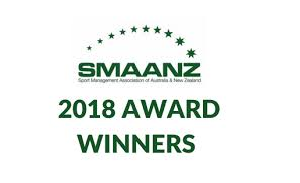
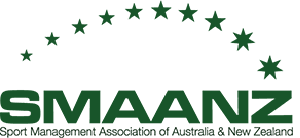
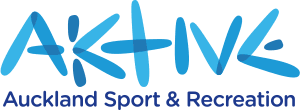
N2W encapsulated an action research framework, underpinned by the notion of leadership as a social construction. The iterative, practical, and collaborative nature of action research provided multiple points for reflection, feedback and evaluation during the project and at project completion.
It also allowed for each key stakeholder group (AUT SPRINZ, New Zealand Rugby, Auckland Rugby, including Pasifika community members) to be important contributors to all aspects of the project planning, implementation, delivery and evaluation. This innovative engagement brought together research and practice, where those most affected by the intended changes were highly engaged in creating change. Learning as action and change also provided a rich environment to advance concepts and theories associated with sport leadership, specifically, the social construction of sport leadership and the role of cultural understanding in developing sport leadership.
The change and learning through this research offered insights about culture and leadership within New Zealand society by drawing on the context of rugby. Such insights, also relevant for the world stage, have the potential to place New Zealand as a lead contributor to changing the conversation about leadership within sport and the influence of non-western culture.
Project partners
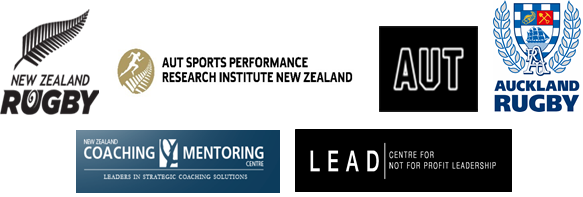
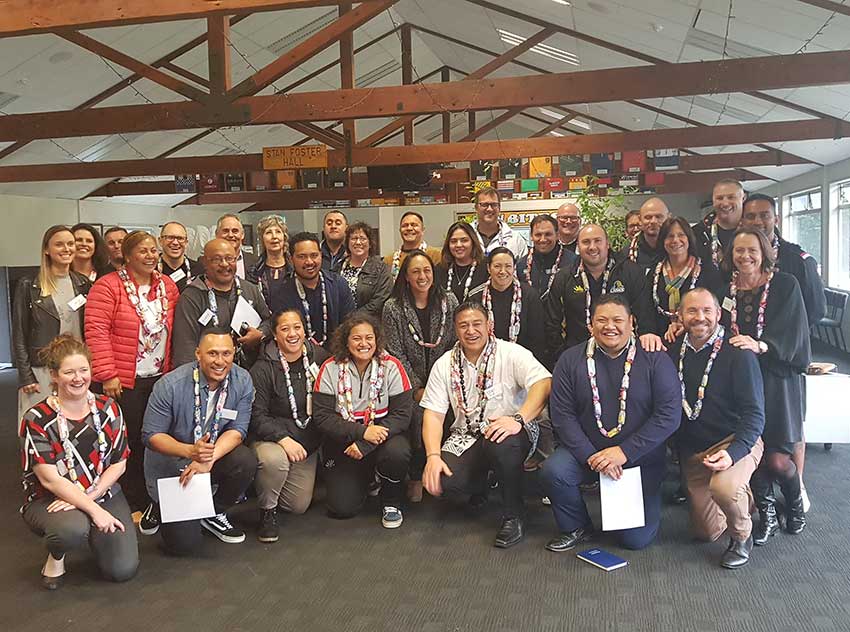
Image: N2W particpants: Front row L-R: Karen Skinner, Tutu Taiera, Sierra Keung, Faamoana (Moana) Leilua, Saveatama Eroni Clarke, Nigel Chang, Steve Kidd Second row L-R: Katie Dee, Judy Matai’a, Enroy Talamahinar, Joseph Tuitavake, Vania Wolfgramm, Tracy Atiga, Michael Langley, Gaye Bryham, Lesley Ferkins Third row L-R: Sarah Rennie, Chris Morrison, Wendy Baker, Sandy Thompson, Letticia Jones, Simon Devoy, Mike Hester, Bruno - Puluno Siasau Fourth row L-R: John Kirkup, Stephen Gee, Danny Gautusa, Kevin Senio, Glenn Flavell, Andy Baker, Baruch ter Wal, Vaughan Bridges’
Our people
Project team
- Lesley Ferkins
Research lead, AUT - Gaye Bryham
Researcher, AUT
Katie Dee
Researcher, AUT - Mike Hester
Project partner, New Zealand Rugby - Simon Devoy
Project partner, Auckland Rugby - Tracy Atiga
Pacific Advisory Group - Stephen Gee
Facilitator, Wavelink International - Nicole Manuela (2018)
Core Pacific advisory group
- Tracy Atiga
- Cynthia Taala
- Motu Tony
- Kevin Senio
Leadership and mentoring programme team
- Wendy Baker (NZ Coaching & Mentoring)
Facilitator - Sandy Thompson (LEAD)
Facilitator - Judy Matai'a (LEAD)
Facilitator - Saveatama Eroni Clarke (N2W Advisory Group)
Facilitator - McKeith Lelisi (2018 - N2W Advisory Group)
Facilitator
In the media
- NZ Rugby Pasifika strategy
- Auckland Rugby have partnered with AUT and NZRU on Navigating Two Worlds project
- Empowering Pasifika beyond the playing field
- Project aims to boost Pasifika players in rugby leadership
- Pasifika overlooked in NZ Rugby leadership study
- NZ Rugby to appoint first Pasifika engagement manager
- Sport: Former All Black Eroni Clarke appointed to NZR Pasifika role
- Cultivating Pacific leadership in NZ Rugby